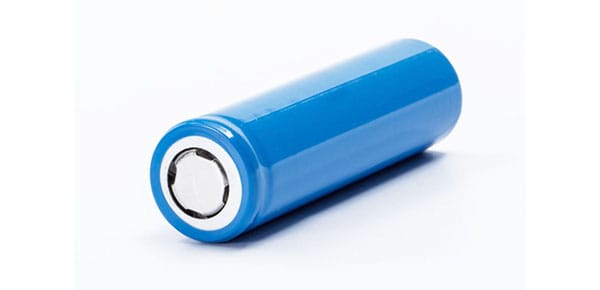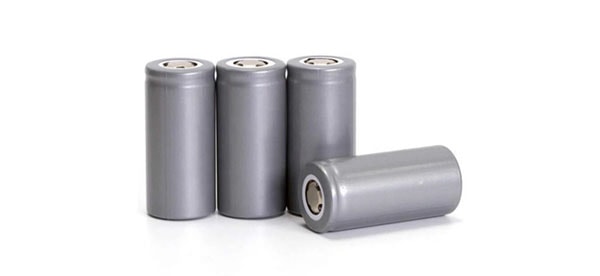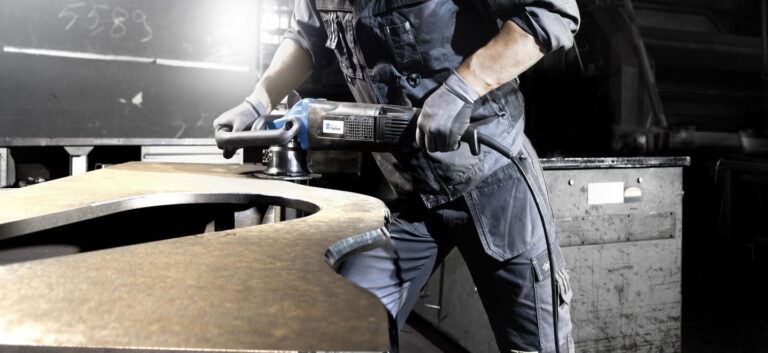Reliable 26700 LiFePO4 Battery Pack Manufacturer
Tesson is a China lithium battery manufacturer which specializes in making Lithium Iron Phosphate battery(LiFePO4 cells) and Lifepo4 battery packs. Tesson introduces our 26700 LiFePO4 battery cell – an embodiment of superior quality, cutting-edge technology, and high performance. With a nominal voltage of 3.2V, the 26700 battery is acclaimed for its robustness, long cycle life, and high-temperature resilience. This battery exemplifies our commitment to thorough research, stringent safety protocols, and eco-conscious manufacturing practices. Tesson’s expertise in customization enables us to cater to your distinct power needs, thereby offering industry-leading energy solutions designed to optimize your devices. Experience the power of innovation with Tesson’s 26700 LiFePO4 battery cells.
Get A Quote Now










































